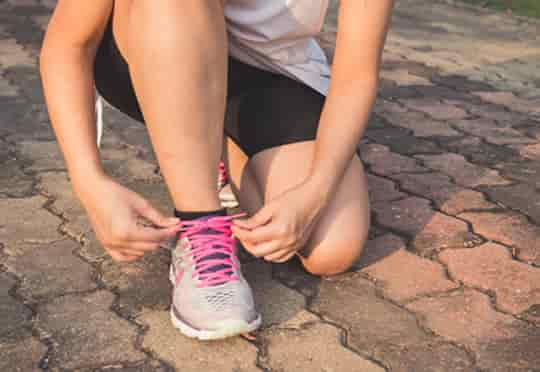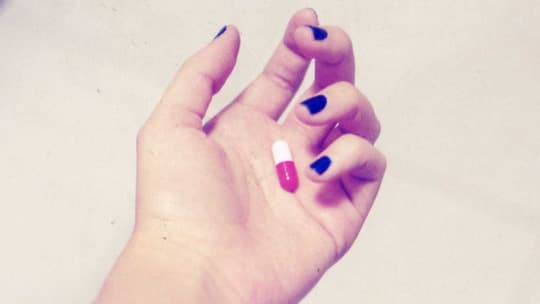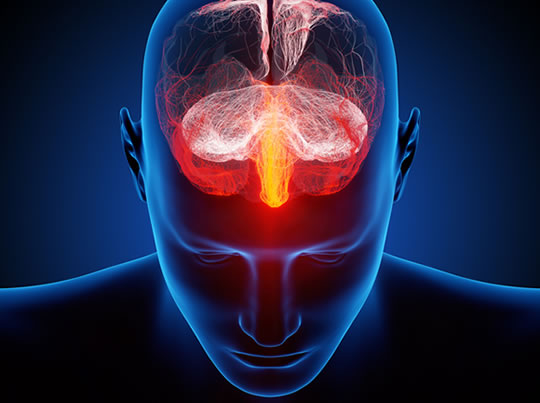The food that can reverse the damage done to blood vessels caused by a high-sodium diet.
Eating dairy products like cheese can cancel out the damage caused by salt to the body, a study has found.
Eating cheese helps protect blood vessels from injury caused by salty foods due to the high amount of antioxidants it contains.
However, a diet high in salt increases oxidative stress, which is an imbalance between antioxidants and free radicals in the body.
This will result in vascular dysfunction which causes high blood pressure and increases the risk of cardiovascular disease.
The study examined a group of healthy adults without salt sensitivity who were non-smokers and taking no medications.
Salt sensitivity in blood pressure terms means sudden or immediate increase of blood pressure after eating a food high in salt.
These subjects, when given a diet containing 5.5 gram (g) of sodium per day, experienced stiffness, narrowing of the arteries and dysfunction of blood vessels.
But, the negative effect of a high sodium diet was removed when they ate four servings of cheese — equivalent to 170 g of cheese a day.
Past studies have shown a link between dairy products such as cheeses high in sodium and an improvement in heart health.
Professor Lacy Alexander, study co-author, explained:
“Studies have shown that people who consume the recommended number of dairy servings each day typically have lower blood pressure and better cardiovascular health in general.
We wanted to look at those connections more closely as well as explore some of the precise mechanisms by which cheese, a dairy product, may affect heart health.
Sodium is a mineral essential to the human body, but high sodium intake can cause high blood pressure which increases the risk of heart disease, heart attack, and stroke.
According to the American Heart Association, the ideal amount of daily sodium consumption is 1.5 g (or 3.75 g salt) with a limit of no more than 2.3 g of sodium (or 5.75 g salt) intake per day.
Dr Billie Alba, the study’s first author, said:
“While there’s a big push to reduce dietary sodium, for a lot of people it’s difficult.
Possibly being able to incorporate more dairy products, like cheese, could be an alternative strategy to reduce cardiovascular risk and improve vessel health without necessarily reducing total sodium.”
Choosing cheese over non dairy sources of sodium might help people to have a balanced and tastier diet as well as accruing the health benefits from dairy foods.
The study was published in The Journal of Nutrition (Alba et al., 2019).







